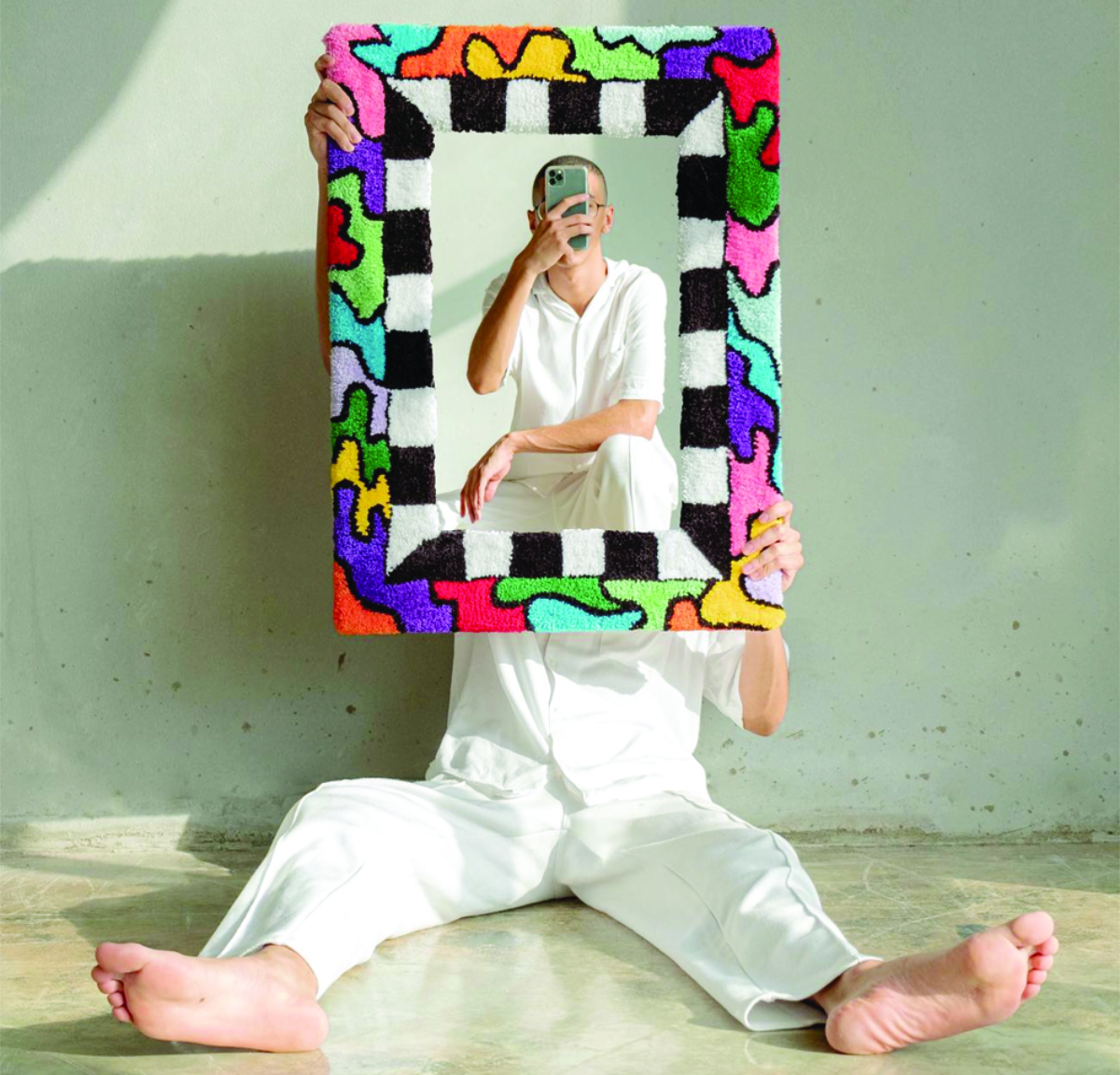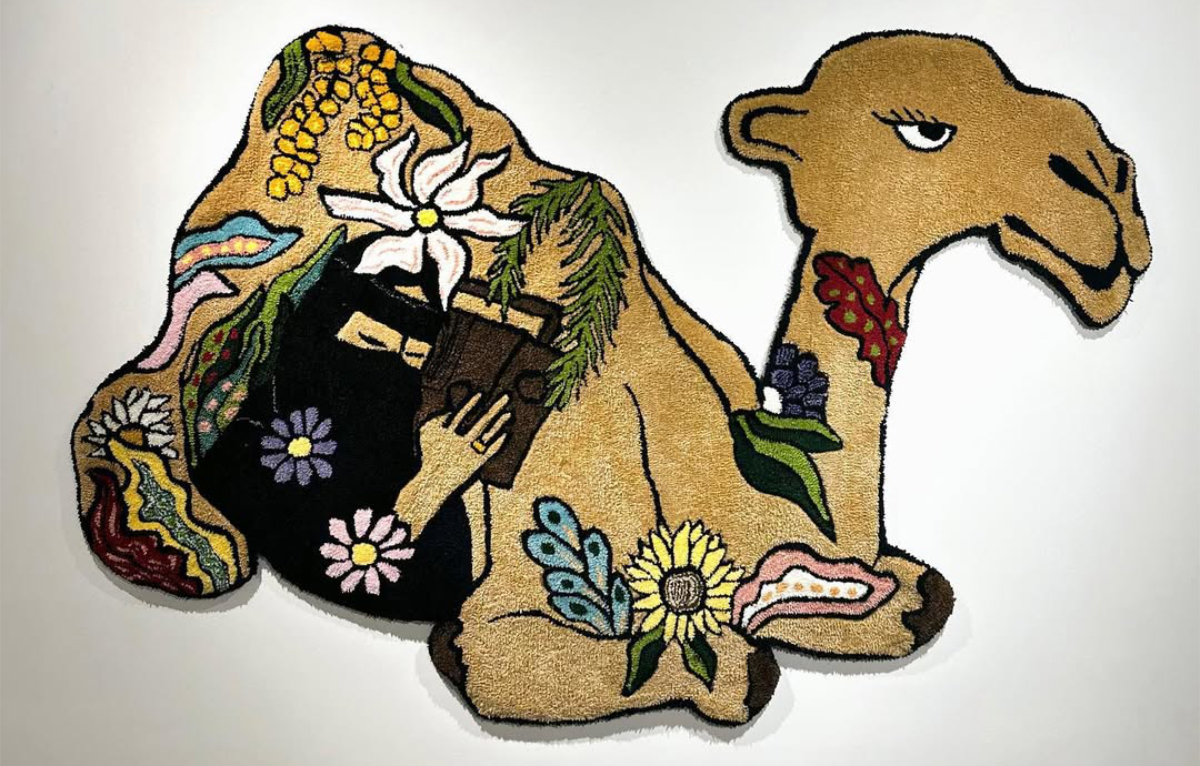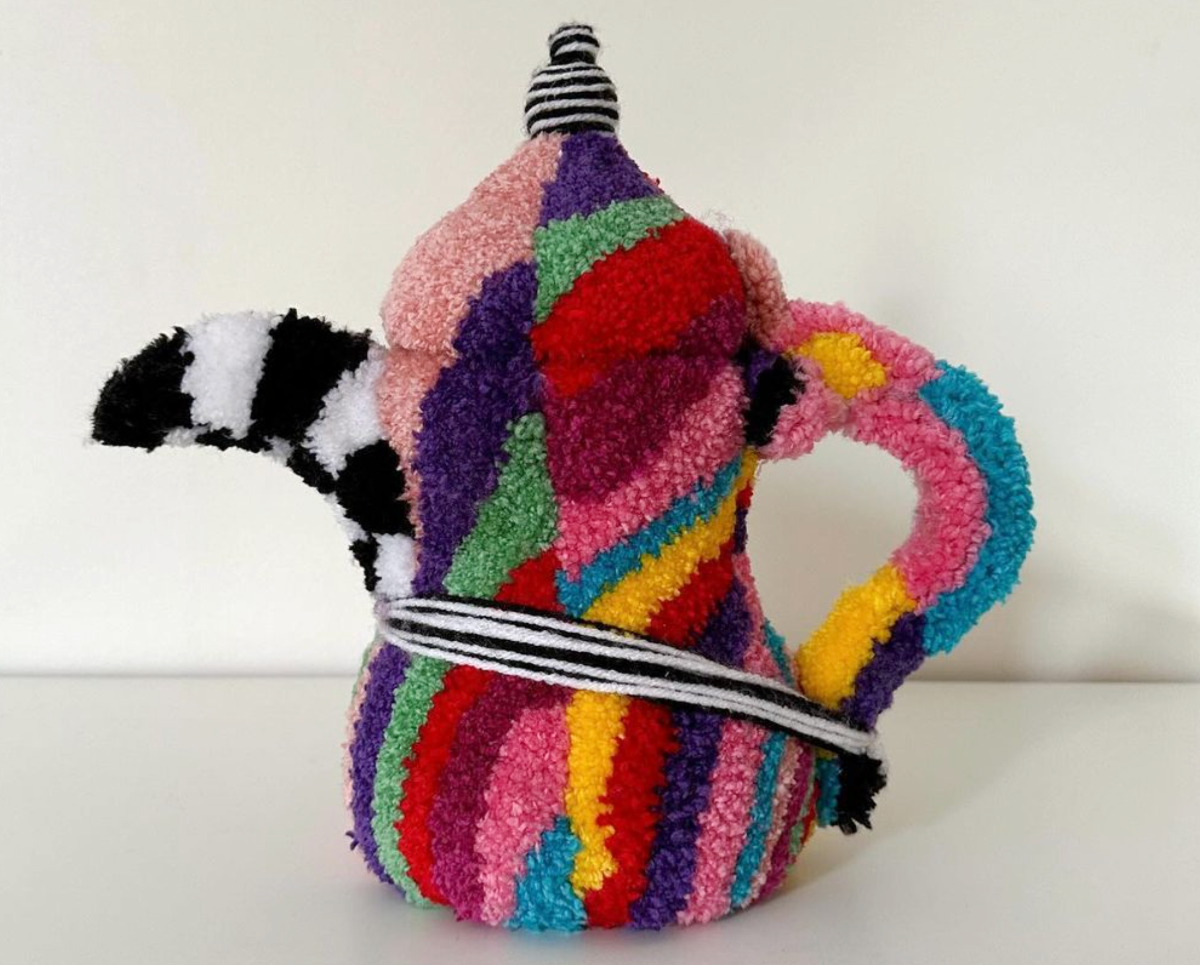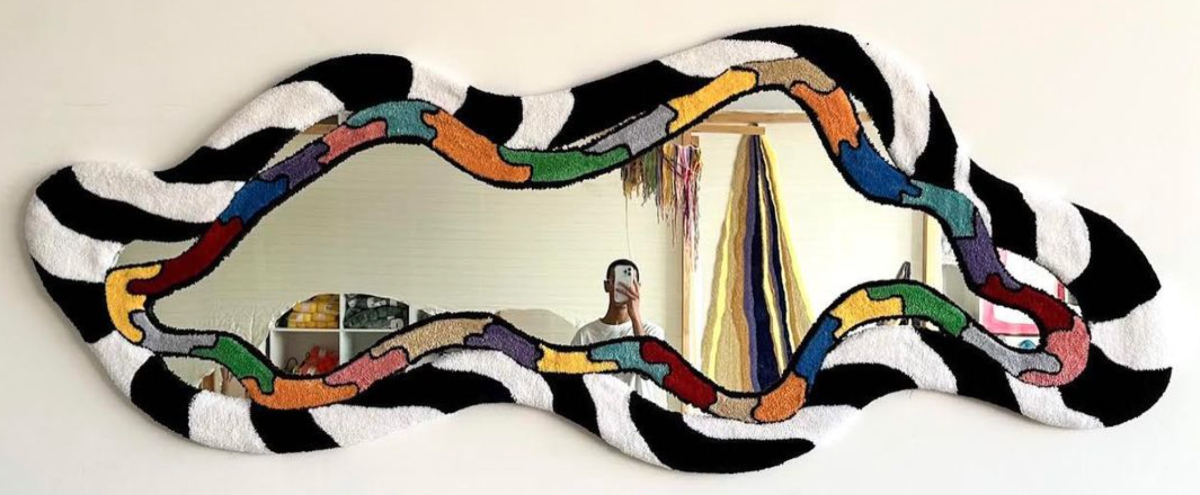RIYADH: Committed to empowering students with the right tools to succeed, Talal Al-Qahtani, 17, founded Saudi Extracurriculars for Students, a nonprofit organization dedicated to help aspiring highschoolers become “changemakers.”
To address what he saw as a gap in the market, he founded SEFS to connect Saudi youth with a range of extracurricular activities in the Kingdom, such as community service, internships, music, art and culture.
The young founder’s story begins in 2007, when he was born in Virginia, US, to a Saudi father and American mother. When he was two his family moved to Riyadh where he enrolled in Manarat Al-Riyadh International School (MRIS) and studied there from kindergarten to 12th grade.
Approaching the last few years of high school and struggling to find extracurricular projects, Al-Qahtani took it upon himself to create SEFS.
He told Arab News that his aim is “to create an online portal for students to connect with new opportunities across all Saudi Arabia … I decided to create something I wished I had at the time. My thought process is if something needed is missing then I need to fill that gap.”
Less than a year since its launch in January, SEFS has 1,000-plus online members. Furthermore, many have been accepted to their dream universities with the mentorship, study programs and opportunities offered to them.
“We’ve helped students move themselves towards a positive change so they themselves can make a positive impact on their community as a whole.”
The organization’s mission plan is to turn students into “changemakers” — people who work to benefit others — Al-Qahtani said.
“A changemaker is someone who can work and collaborate with other people to create a greater change, and I say there is no ‘I’ in changemaker.”
Al-Qahtani, a senior at MRIS, has several milestones in his academic career, such as winning the best delegate award at three Model UNs, and chairing a committee.
Al-Qahtani is currently an intern at King Abdulaziz City for Science and Technology’s petrochemical research institute. In this role, he conducts research on methane decomposition for hydrogen production and has analyzed more than 40 studies on methane decomposition.
Al-Qahtani was also a social media marketing manager for Sawada Specialty Coffee, a cafe in Riyadh, where he gained marketing experience and learned how to become an effective communicator.
“Working closely with the cafe’s team and the owner taught me a lot of vital communication skills. Marketing requires creative thinking and taking part in various activities that deal with problem solving ... While interning as a market research analyst I got to create effective market dashboards with research in current design courses in Saudi and sustainable designs.”
Al-Qahtani previously worked as head of marketing and communications for TEDxMRIS where he led a team of marketers and took what he learnt to create a marketing initiative club at his school, where he teaches “vital skills in marketing,” he said.
“To help my members take their skills and newfound passion further, I currently bridge my members to brand new marketing opportunities at events in Saudi Arabia.”
SEFS aligns closely with the goals of Vision 2030, creating positive opportunities for young people by connecting them with new opportunities to advance their careers.
“We help students not only through gaining new skills, but in getting accepted to top universities around the world so that they can contribute to the economy of Saudi Arabia.”
Al-Qahtani’s goal is to expand SEFS through collaborating with the Ministry of Education in Saudi Arabia to make a change in the Kingdom’s high school environment.




































